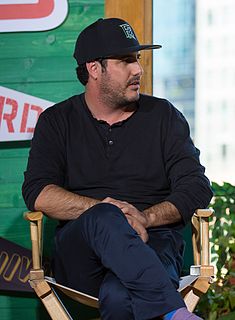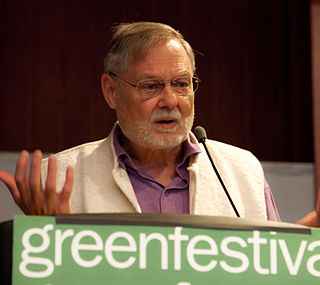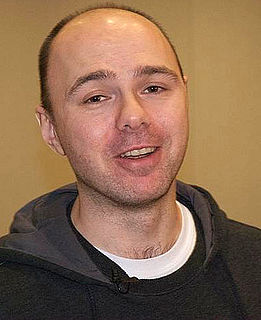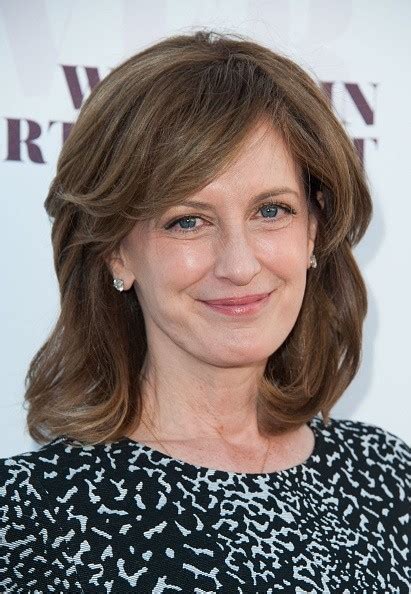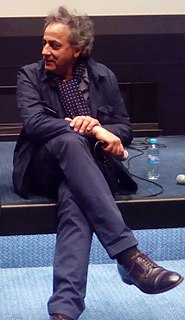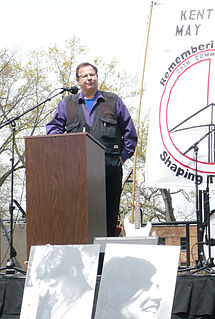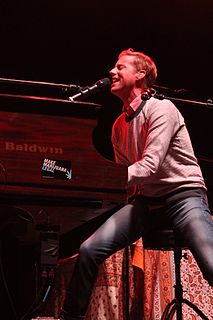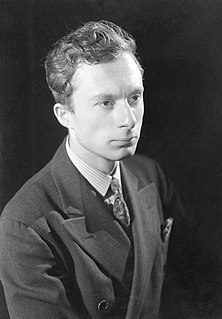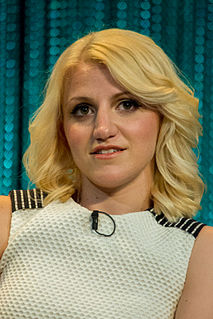A Quote by Oren Peli
One of the advantages of this found footage format is that you can have deliberately badly composed frames. Here we can put a camera in the weirdest angle and it kind of throws you off. You never know what you are supposed to be paying attention to. It's deliberate chaos.
Related Quotes
There's this kind of incredibly mistaken idea that because it's so much cheaper to roll the camera than it used to be and it's so much easier to accumulate a ton of footage, that then you can just go shoot a ton of footage and the editor will make sense out of it. But if you don't have something deliberate made, you're not gonna save it in the editing room.
I think what's exciting about doing it as found footage - if we all are being honest, found footage gets a little bit of a bad rap sometimes, but I think that there's a lot of potential in the medium in taking it seriously and in treating the audience with respect and in treating the characters with respect in terms of, why is the camera really on? Where would the camera be when it is on?
To live more voluntarily is to live more deliberately, intentionally and purposefully - in short, it is to live more consciously. We cannot be deliberate when we are distracted from life. We cannot be intentional when we are not paying attention. We cannot be purposeful when we are not being present.
Pages were always supposed to be off-camera - we were supposed to be invisible. But I had a moment where I saw a kid who was ready to flip himself out of the balcony, so I ran down and grabbed him and put him back in his seat. I remember the stage manager taking me aside and saying, "Can you please never do that again? I know you were saving his life, but we have you in the shot."
With the RED, I didn't have this impression at all. I felt that it was as heavy as a film camera. Having this great crew, with the DP and his assistants, I found it making as much of an impression as a very big film camera. I didn't relate to it as much. I remember avoiding it during the shooting rather than paying attention to it.
When I put the camera back to my eye, I noticed a particular guardsman pointing at me. I said, "I'll get a picture of this," and his rifle went off. And almost simultaneously, as his rifle went off, a halo of dust came off a sculpture next to me, and the bullet lodged in a tree. I dropped my camera in the realization that it was live ammunition. I don't know what gave me the combination of innocence and stupidity... but I never took cover.
One of the reasons why I think virtual reality, as a narrative format, is never going to go beyond the short-form immersion space is because the bedrock of visual storytelling is the reverse angle. If you can't look into the eyes of the protagonist, you cannot hold people's attention for more than 15 minutes.
I remember that it was never that difficult for me to get a director to look up and pay attention to me. Mind you, I don't know if that's necessarily charm. But I've played roles where my character has to be charming and I've found it quite easy to do. I think some of it is in my bones, but some of it is more deliberate.
We actually found some home videos, some really funny footage of me when I was around 3 years old. I come up to the camera to do a Nixon impression. I don't know who taught me that, but I come up to the camera and said, 'I am not a crook.' I got a really good laugh. You see me register that bringing joy to people is a positive thing.


